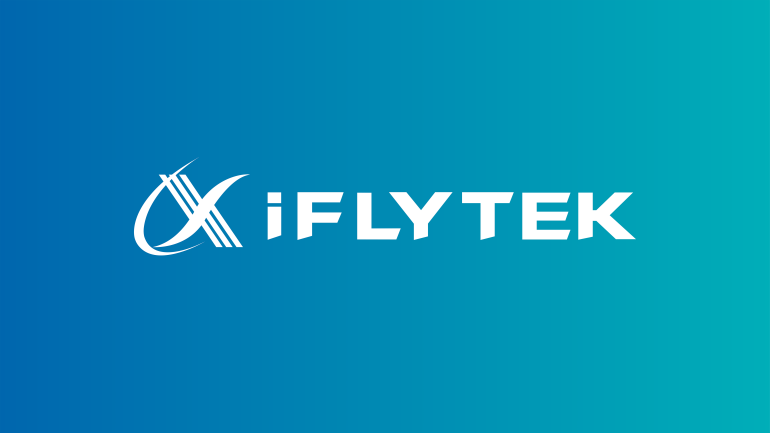- iFlytek joins China’s tech giants in a price war over AI language models.
- The company’s “Spark” models, including Spark Lite and Spark Pro/Max, offer competitive pricing compared to rivals like Alibaba and Baidu.
- Spark’s performance reportedly surpasses ChatGPT 3.5 in Chinese language tasks and remains competitive in English.
- iFlytek’s strategic pricing aims to capture market share and appeal to a broad user base.
- China Mobile’s significant stake in iFlytek indicates potential strategic alliances in the AI market.
Main AI News:
In a strategic maneuver, iFlytek, a key player in artificial intelligence (AI), has delved into a burgeoning price competition among China’s tech giants. This development follows significant price adjustments by industry heavyweights Alibaba and Baidu for their Large-Language Models (LLMs), which power generative AI applications. Just days prior, Bytedance had initiated a similar pricing restructuring.
Headquartered in Hefei and renowned for its pioneering voice recognition technology, iFlytek introduced “Spark” last September, bearing resemblance to ChatGPT. Notably, the company claimed in the subsequent month that Spark outperformed ChatGPT 3.5 in Chinese language tasks while maintaining competitive performance in English.
Under the new pricing paradigm, iFlytek has unveiled Spark Lite as a complimentary offering to the public. Meanwhile, Spark Pro/Max is priced at a mere 0.21 yuan, equivalent to less than 3 cents, per 10,000 tokens—units of data processed by the LLM. This pricing strategy significantly undercuts Baidu’s Ernie 4.0 and Alibaba’s Tongyi Qwen-Max, which charge 1.2 yuan per 10,000 tokens.
Illustratively, one token in Spark corresponds to 1.5 Chinese characters. Consequently, for a nominal fee of 2.1 yuan ($0.29), users can harness Spark Max to generate the entirety of Yu Hua’s acclaimed novel “To Live.” This revelation was disseminated through a statement on iFlytek’s official WeChat account.
Of particular significance is the fact that state-owned China Mobile holds the largest stake in iFlytek, amounting to 10% of ownership. This strategic partnership could further fortify iFlytek’s position in the fiercely competitive arena of AI technologies.
Conclusion:
iFlytek’s aggressive pricing strategy signals intensifying competition in China’s AI market. By offering compelling pricing and performance, iFlytek aims to challenge established players like Alibaba and Baidu, potentially reshaping the landscape of AI language models. This move underscores the importance of innovation and affordability in capturing market share in the rapidly evolving AI industry.

